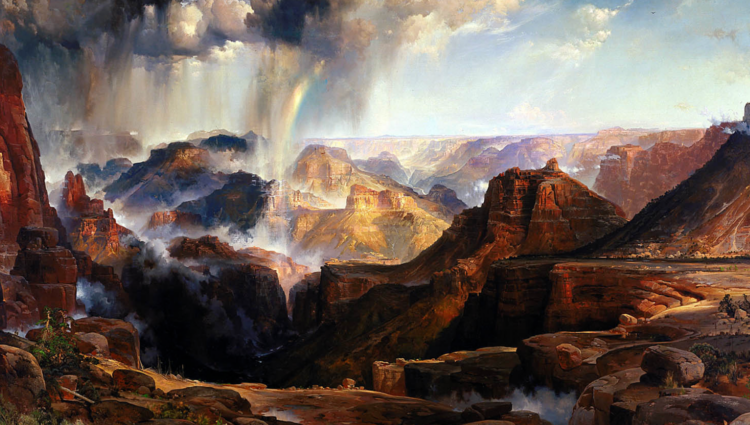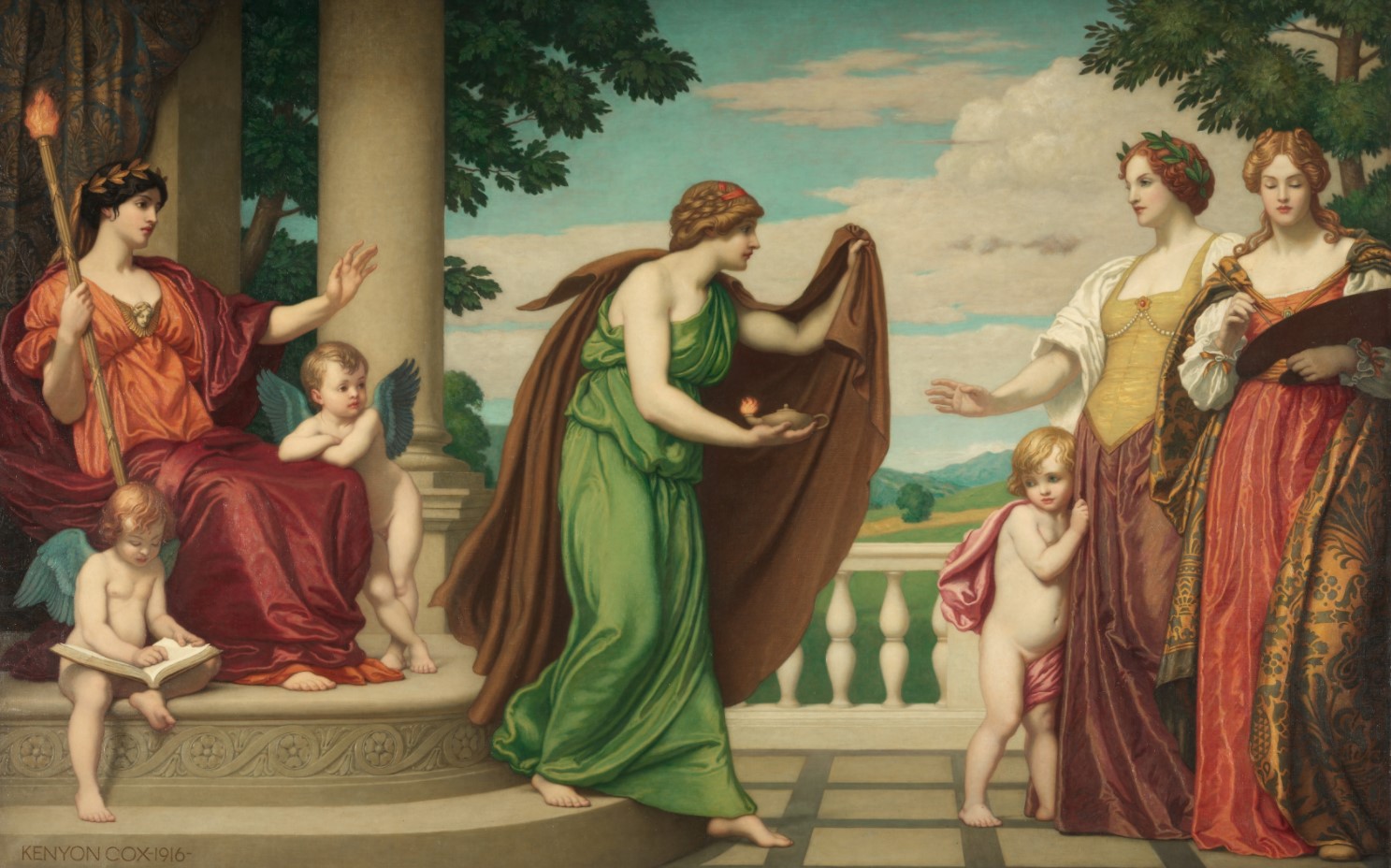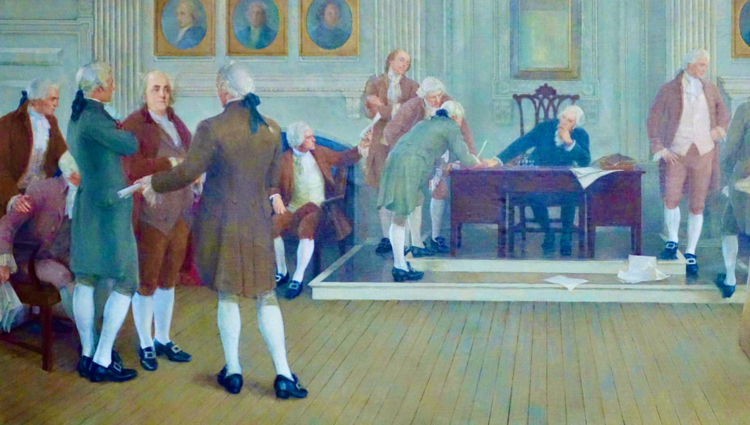C.S. Lewis and the Great Divide
In defining the Great Divide as that between Old Western Man and New Western Man, C.S. Lewis has given us a radically new way of looking at the past. I write not as an expert to tell you of my thought but to explain a particular concept of Lewis’s and my own application of it [...]







